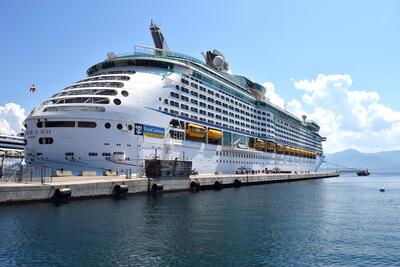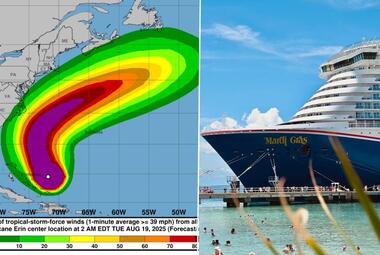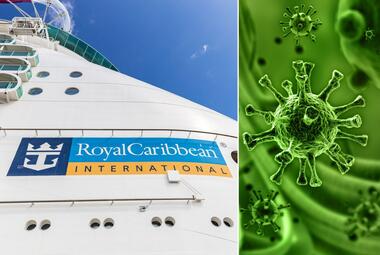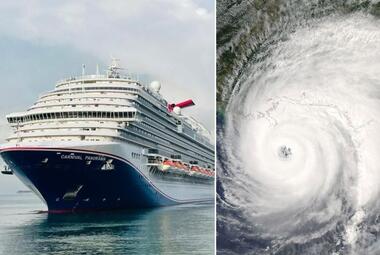The U.S. Centers for Disease Control and Prevention (CDC) announced it will extend the rules and protocols for cruise ships sailing from the United States for an additional two and a half months.
The Conditional Sailing Order (CSO) will be extended as of November 1st, which is the date it was scheduled to expire.
Instead of going away, the CSO will be temporarily extended through January 15, 2022. At that point, the CDC says the CSO rules will become voluntary for the cruise lines to follow.
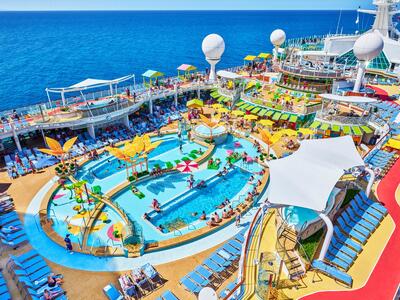
The CDC indicated the CSO could go away sooner if the Covid-19 pandemic is declared over, or the CDC Director rescinds or modifies the order.
The cruise industry has been required to follow the CSO phased approach to restarting cruises from the United States, since the policy was announced in October 2020.
While the extension means a longer period of oversight by the CDC, the cruise industry has had a positive reaction to the news primarily because an end to the mandate is coming in January.
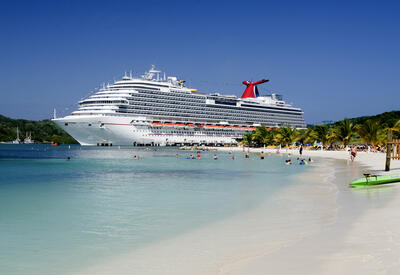
The Cruise Lines International Association (CLIA) issued a statement supporting the path for the CSO to finally come to an end, "The changes to the Framework for Conditional Sailing Order (CSO), announced today, show that the Biden Administration and the Centers for Disease Control and Prevention (CDC) recognize the cruise industry’s successful resumption of operations."
"We look forward to demonstrating the industry’s continued leadership in this final phase of the CSO, and to carrying out a smooth transition when the Order comes to an end on 15 January 2022."
When the temporary extension goes into effect next week, it will apply to foreign-flagged commercial passenger vessels with the capacity to carry 250 people operating or planning to operate for overnight stays for passengers or crew in U.S. waters.
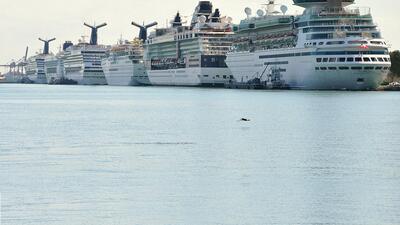
The 54-page document details background and the impetus for the extension, as well as some revisions to the policy that are generally favorable for certain cruise ship operators.
Among the changes, there is no longer a requirement for cruise lines to warn passengers in marketing materials about Covid-19, removal of the rule that cruises from a U.S. homeport may not exceed one week in length, and removing the requirement for ships to cancel all future sailings should an instance of COVID-19 be detected onboard.
Of course, the cruise industry remains singled out in the travel sphere with this level of regulation related to Covid-19, while airlines, hotels, theme parks, and casinos can all operate as they see fit without government oversight regarding their Covid-19 protocols and/or vaccine mandate.
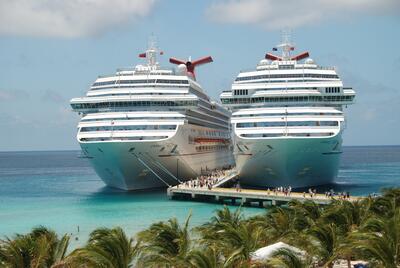
As for why the CDC extended the CSO, it said the combination of peak winter cruises season and higher capacity on cruise ships meant it felt compelled to give the rules more time.
"The winter season (November through January) has historically been the most active cruising season in the Caribbean and Central America, involving travel to countries currently listed by CDC as being under COVID-19 travel health notices where cruise ship travelers may be at increased risk for acquiring and subsequently introducing COVID-19 variants into the U.S. Additionally, cruise ship operators have informed CDC of their intended plans to increase the number of ships operating in U.S. waters this fall and winter."


